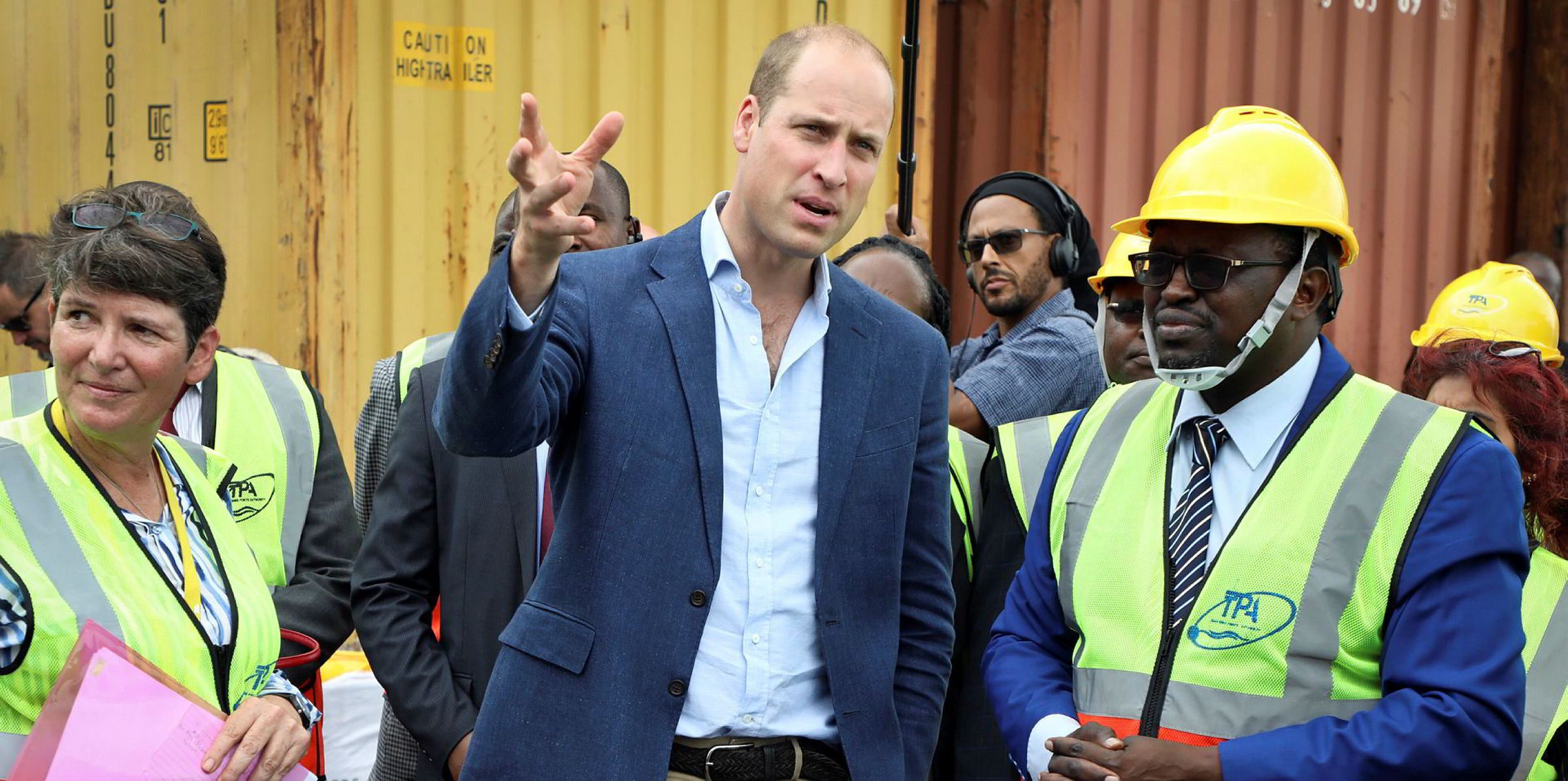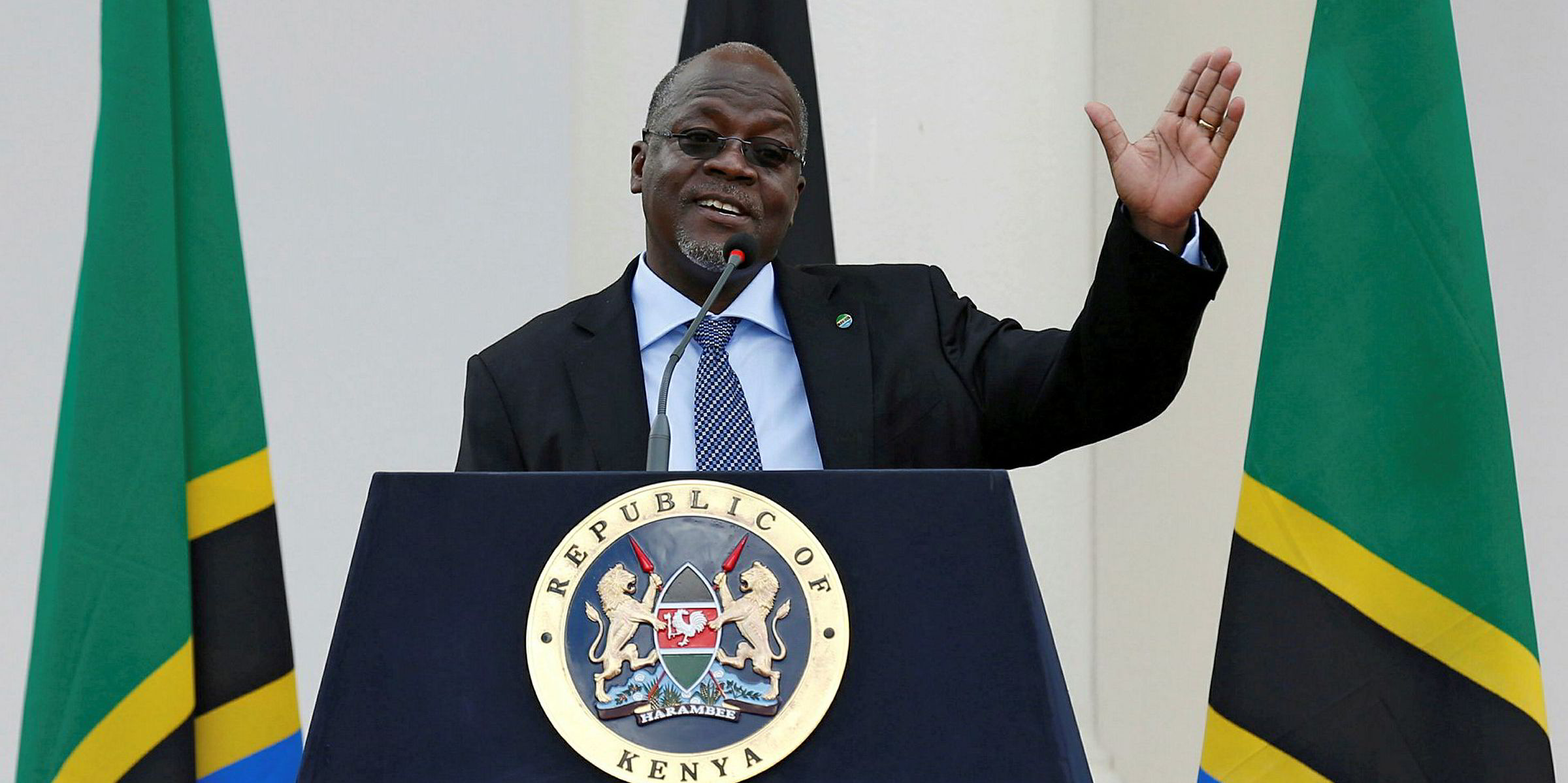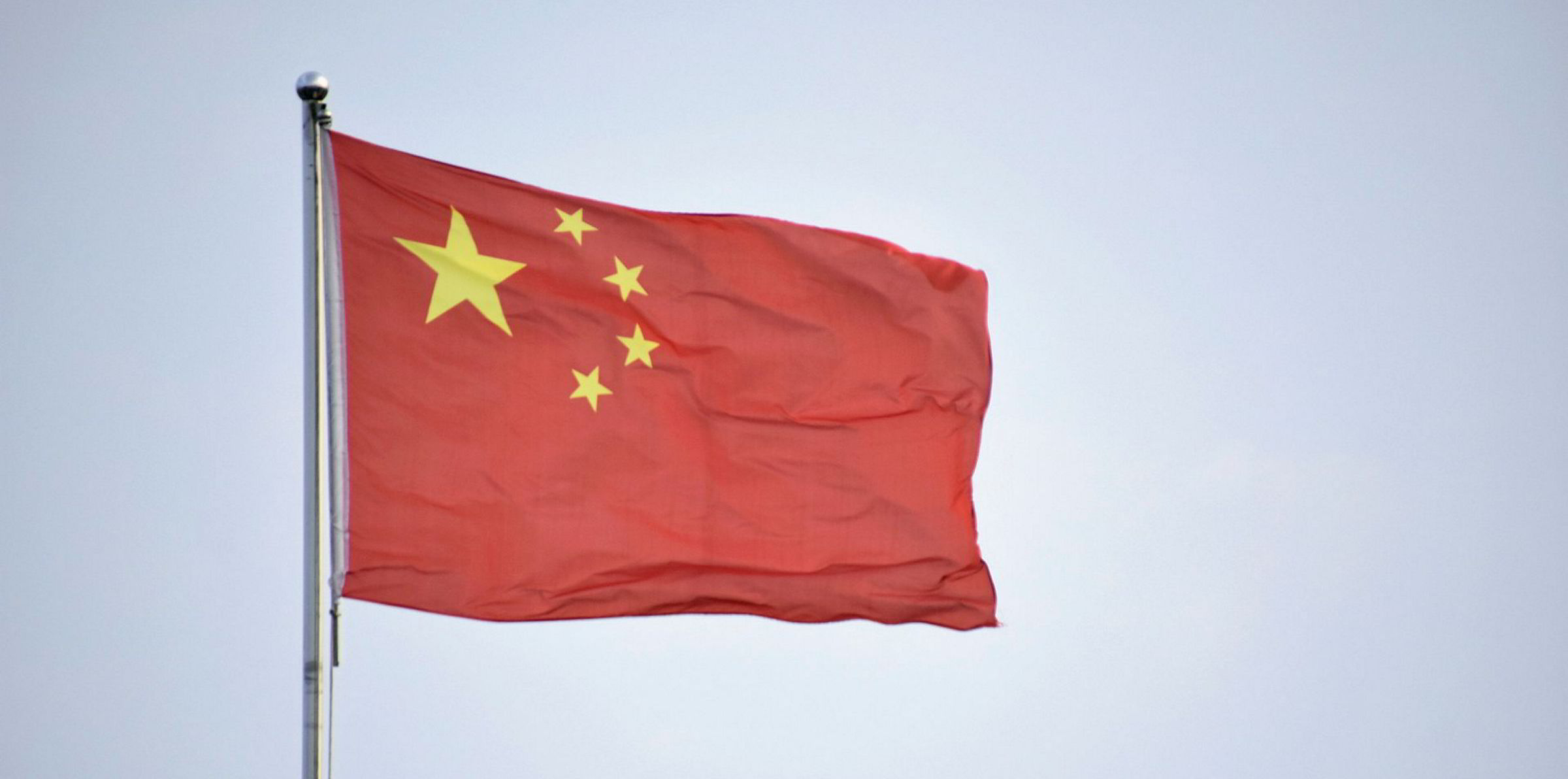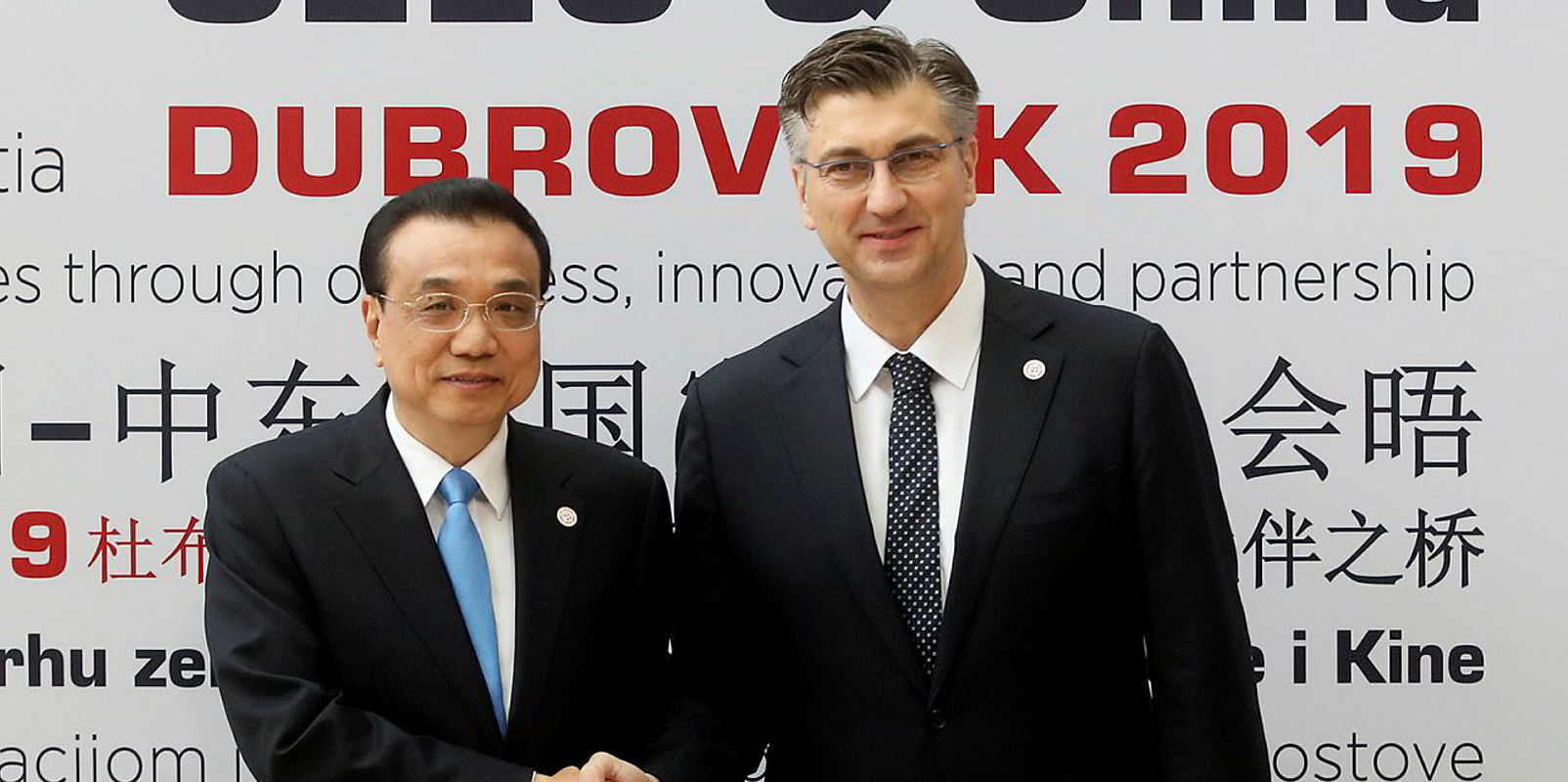China's great game of global influence is being played out in East Africa, as neighbours Kenya and Tanzania battle each other for dominance in regional trade.
Both are clients of Chinese President Xi Jinping's Belt and Road Initiative (BRI). But they are now having second thoughts about Beijing's financial and technical help, as have many countries from the South Pacific to the Middle East that are hosting projects.
Chinese state lenders are struggling here as elsewhere to overcome suspicions that the BRI is a bid to gain control over client states through predatory lending.
Great leaps
Kenya's Mombasa port is the busiest between South Africa and the Red Sea, and Tanzania would like its BRI-backed Bagamoyo port, in the sleepy ex-colonial capital on the mainland opposite Zanzibar, to be even bigger.
The Bagamoyo project is meant to do much more than relieve container congestion in the capital of Dar es Salaam, 75 km (46 miles) to the south.
With an annual turnover capacity of 20 million teu, it would become a hub for the whole region, leaping ahead of its neighbour to the north.
A recent report by Global Construction Review put the cost of the dredging-intensive plan at $11bn.
But it may be a good time to be leaping.
While Mombasa, despite its fine natural harbour, is challenged to develop further, Kenya is struggling to develop another piece of BRI hardware — a new standard gauge railway (SGR) that will connect Mombasa to a hinterland beyond Nairobi, onwards into Uganda and points north.
Local critics in Kenya claim that without cost-efficient rail connections into that hinterland, the already completed Mombasa-Nairobi end of the rail line can never pay for itself.
The Export-Import Bank of China is providing about $4.9m in policy finance for the Kenyan SGR project, but China clearly sees no difficulty in conferring the BRI's blessings on Tanzania as well.
However, Tanzania's eagerness for Chinese help has recently grown conditional. With its eyes on its neighbour's experience of paying Beijing, it has rejected the terms it is being offered, and Bagamoyo port has ground to a halt.

All about that base
Bagamoyo port was sketched out as far back as 2013 when former president Jakaya Kikwete and Xi Jinping agreed on a $10bn framework agreement.
It is to be built by China Merchants Holdings International (CMHI), with participation by Oman's State General Reserve Fund.
But nothing has happened at the site since a ceremonial groundbreaking in 2015.
And the talks that had been ongoing broke down this summer, when the current Tanzanian president, John Magufuli, described China's terms as "exploitative".
In October, after another break in talks, locals who hoped to be the beneficiaries of the project got a fuller response to their questions about the delay.
According to Tanzania Ports Authority chief executive Deusdedit Kakoko it comes down to a question of control over the special economic zone that will serve as China's Tanzanian base.
In return for its loans, CMHI wants a 99-year tenure, free reign in terms of oversight of its businesses within the zone, a generous tax holiday, subsidised utility rates, and protection from competition from Tanzania's existing ports.
Trapped in stalemate
After Tanzania said it rejected all these terms and offered a lease tenure of 33 years, CMHI claimed its demands had been misrepresented, and that it had already agreed to the 33 years. The sides remain in stalemate.
Tanzania's new scepticism about Chinese help and control is likely best explained by Magufuli and Kakoko looking across the border at their Chinese-financed rival Kenya, which is struggling to pay instalments on the SGR project.
A leaked report emerged last December that China Exim Bank has a right to take financial control of the Mombasa port as collateral on the rail line.
The meaning of that clause is disputed, and Eric Olander of the China Africa Project is one observer who believes the fear of Chinese financial imperialism is exaggerated.
"Taking of the port of Mombasa would be a strategic disaster for Beijing and its desire to repel accusations that it is a predatory lender. It would undermine faith in the BRI around the world," he wrote in a recent analysis of the Kenyan crisis.
But after a string of BRI controversies in Australia, Sri Lanka, Pakistan, Malaysia and just next door in Kenya, the Tanzanians are taking their time about boarding the BRI train.





